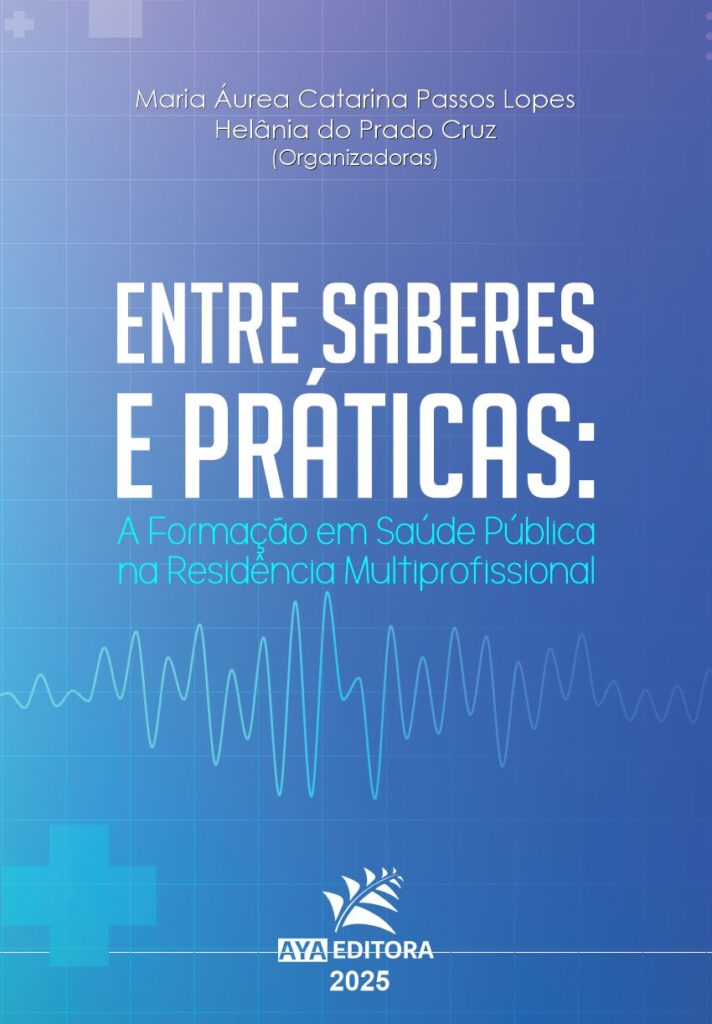
Avaliação da Autoestima Entre Idosos: Implicações para Saúde e Bem-Estar
Assessment of Self-Esteem Among the Elderly: Implications for Health and Well-Being
Autores:
Carolina Pereira Silva
Susinaiara Vilela Avelar Rosa
ISBN (Livro):
978-65-5379-771-0
DOI (Livro):
10.47573/aya.5379.3.4
DOI (Capítulo):
10.47573/aya.5379.3.4.21
N° páginas:
Pages
Formato:
Livro Digital (PDF)
Publicado em:
23/06/2025
Licença:
Resumo
Introdução: Envelhecer não significa somente adoecer, mas analisar a qualidade de vida do idoso, associado a processos multifatoriais, necessitando de uma intervenção de forma integral. Objetivo: Avaliar a autoestima na população idosa, para saúde e bem-estar. Método: Trata-se de um estudo quantitativo, transversal e descritivo, envolvendo 39 idosos do núcleo de atividade física, em um município do sul de Minas Gerais. Foram aplicados a escala de autoestima de Rosenberg e um questionário sociodemográfico, de autoria dos pesquisadores. A escala aplicada é do tipo likert, autoaplicada, contendo 10 questões. Resultados e Discussão: Os resultados indicaram que a maioria dos idosos avaliados apresenta autoestima elevada, com 92% dos participantes relatando níveis altos. Observou-se predominância de respostas positivas nas afirmativas da Escala de Rosenberg. Fatores como escolaridade, estado civil e convivência familiar mostraram-se associados à percepção de valor pessoal e bem-estar. Considerações finais: A maioria dos idosos possui autoestima elevada, refletindo satisfação pessoal e bem-estar. Esses achados reforçam a importância de promover ações que valorizem a autoestima na terceira idade.
Palavras-chave: idoso; autoestima; saúde.
Abstract
Introduction: Aging does not only mean becoming ill, but also involves analyzing the quality of life of the elderly, which is associated with multifactorial processes requiring a comprehensive intervention. Objective: To assess self-esteem in the elderly population, in relation to health and well-being. Method: This is a quantitative, cross-sectional, and descriptive study involving 39 elderly individuals from a physical activity center in a municipality in southern Minas Gerais. The Rosenberg Self-Esteem Scale and a sociodemographic questionnaire developed by the researchers were applied. The scale used is a Likert-type, self-administered instrument containing 10 items. Results and Discussion: The results indicated that most of the elderly evaluated presented high self-esteem, with 92% of participants reporting high levels. There was a predominance of positive responses on the Rosenberg Scale statements. Factors such as education level, marital status, and family living arrangements were associated with perceptions of personal value and well-being. Final Considerations: Most elderly individuals have high self-esteem, reflecting personal satisfaction and well-being. These findings reinforce the importance of promoting actions that value self-esteem in old age.
Keywords: elderly; self-esteem; health.
Ler On-line

